
Work-Based Learning
Bridge the workforce gap through new mindsets and meaningful metrics
Meet the Speakers

MASTERCLASS:
Building Foundational Skills in a Post-Pandemic World
JOSH DAVIES
Director of Workforce, Aztec
The COVID pandemic has forever changed the workplace as we know it. Millions of jobs are being lost as others have been radically transformed. While technical skills are still important, the biggest concern employers have are the diminishing soft skills of the emerging workforce.
Nearly 9 out of 10 hiring managers in the U.S. report that the lack of these soft skills are THE most important factor in their hiring, and yet less than 20% of today’s employees demonstrate these crucial work ethic behaviors on a consistent basis. As we prepare our students for work-based learning opportunities, these are the skills they need to develop before they leave our classrooms. The good news is that there is a viable solution to the growing work ethic gap that can improve the employment outcomes for our students.
In this workshop Josh Davies, the CEO of The Center for Work Ethic Development, will provide 5 key strategies for developing the essential work ethic skills that employers demand. These proven strategies are already being used by leading schools and organizations to improve performance, retention, and job satisfaction of their graduates. Discover how you can build work ethic and set your students up for success as we transition to a post-pandemic world.

MASTERCLASS:
The Merger of Learning and Work
BRANDON BUSTEED
CEO of BrandEd
The most effective educational pedagogy involves project-based learning, hands-on application, teamwork, and opportunities to connect learning to work such as internships, co-ops, or apprenticeships. And the demands of the modern workplace require rapid and constantly learning and skilling - whether learning to use new collaboration software tools, data analysis tools, or more involved, formal training, 'learning' is becoming a critical aspect of work success. We are rapidly headed toward a world where will see a merger of learning and work - where you may not be able to tell the difference between a 'school' and a 'workplace.' Let's imagine what this world will look like!

MASTERCLASS:
Designing a Sustainable Work-Based Learning System
KRISTY VOLESKY
CEO of Volesky Consulting
Work-based learning generates valuable connections for students to make informed decisions about courses, programs, and careers. As work-based learning expands with your educational institution, developing a sustainable system to support quality work-based learning is increasingly important. Thoughtful planning leads to valuable student learning, stronger connections to your community and a network of supported educators and instructors. Implement the three step approach to designing a sustainable work-based learning system to increase quality experiences for all students at your educational institution.

MASTERCLASS:
The Future of Learning is Work: The Promise of Apprenticeships
VINZ KOLLER
Apprenticeship Evangelist
There is a belief out there, that education has to prepare young people for a job – or even the world of work itself. And though educators, at great expense, try to design work-like environments in their schools, employers still lament that education falls short of their needs. This is, at least in part, because the faster an economy changes, the harder it is to predict what skills individuals will need in a future workplace. Even the best-designed career academy is outdated very quickly.
Which leads us to this great paradox: At a time when many young people are looking for work - employers say they simply can’t find the talent they need. We all wonder what has gone wrong.
What if our premise had been wrong all along? What if it is not education’s job to teach work?
What if only work can teach work? And what if we had a way to solve the talent paradox and the skills gap all at once – and even make a profit while doing it? In this session, we get reacquainted with the timeless method of connecting work and learning: the apprenticeship, which by its very nature eliminates the need to predict the future of work.

MASTERCLASS:
Lessons from the Dirt
Interview format - host Dr. Kevin J Fleming
MIKE ROWE
TV host, writer, narrator, producer, actor and spokesman
Mike Rowe is a writer, narrator, producer, recording artist, Emmy Award-winning TV Host, New York Times bestselling author, and the CEO of the mikeroweWORKS Foundation. As the creator and host of the iconic TV series Dirty Jobs, Mike is best known as “the dirtiest man on TV.” In his role as a perpetual apprentice, Mike has highlighted hundreds of workers in dozens of essential industries. His foundation has awarded over six million dollars in work ethic scholarships to nearly 1,500 men and women, and his commitment to reinvigorate the skilled trades is unrivaled.

MASTERCLASS:
Apprenticeships: From Vision to Action
MALLORY DWINAL PALISCH
President of Craft Education
Learn how to integrate your CTE program into the U.S. Department of Labor’s apprenticeship system in 90 days or less, unlocking powerful funding and credentialing opportunities for your students. Discover how Registered and Pre-Apprenticeship pathways provide paid, structured, and legally accessible work experiences for high school students, transforming internships into career-launching opportunities. Master the essential components of apprenticeship design—including on-the-job learning, technical instruction, mentorship, and industry credentials—to align seamlessly with existing CTE structures. Explore real-world case studies in healthcare and education, showing how districts are creating accelerated, stackable career pathways with community and employer partnerships. Walk away with a practical 90-day implementation roadmap, complete with curriculum mapping, partner engagement, and funding strategies to get your program off the ground.

MASTERCLASS:
Elevate Student Experiences through Embedded WBL Instruction
SANDRA ADAMS, PhD
Career Academy Administrator, ACTE Contributor, Author, Speaker
Delivering content is no longer the goal. We are now charged to increase authentic work based learning experiences for all students. But how do we achieve this? Done correctly and consistently, work-based learning creates a win – win – win situation. Students, partners and educators all win as we leverage partner connections to advance authentic learning environments
This session provides a continuum of lessons that connect students and partners in multiple ways for technical and professional skill development. The simple truth is that we cannot construct meaning for someone else. Students need to experience novel learning environments and opportunities to make new connections that result in their construction of learning and efficacy building. The WBL lessons shared here are applicable to all program areas and are intentionally designed to foster progress and recognition for students.

LEVEL UP YOUR TEAM
See why Educational Institutions rely on Catapult to provide relevant learning & development. Contact us Today.
Programs and Masterclasses

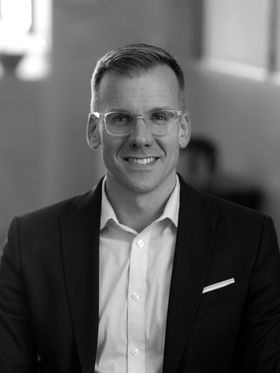

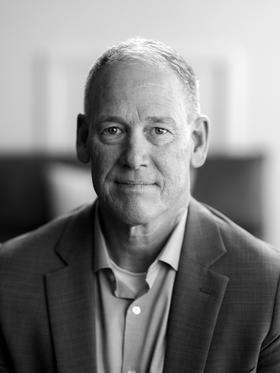
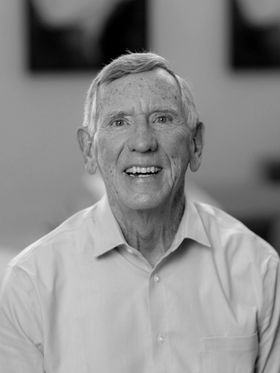




































































Interview format - host Dr. Kevin J Fleming







Interview format - host Dr. Kevin J Fleming







Interview format - host Dr. Kevin J Fleming







Interview format - host Dr. Kevin J Fleming







Interview format - host Dr. Kevin J Fleming



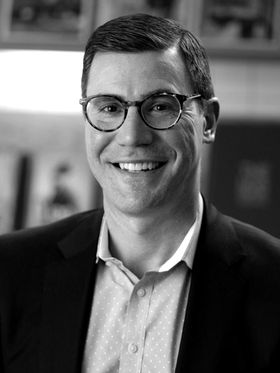



Pathway Success







Pathway Success







Pathway Success







Pathway Success







Pathway Success





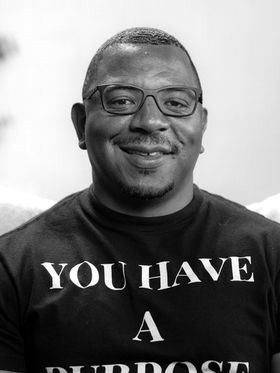




























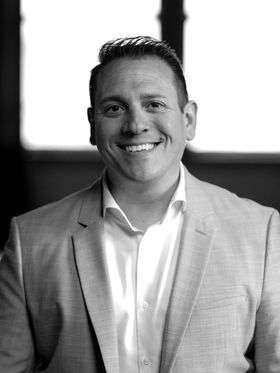

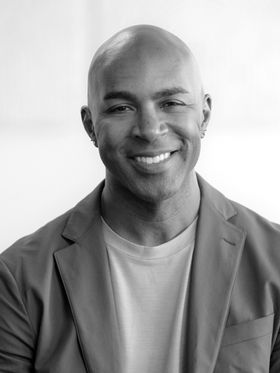




























































"This has been a tremendous experience with growth potential at every corner! Our Implementation Team has been on fire, and we are stoked about each session. Thank you for providing this opportunity to our team!"
Chuck Carter, Director of CTE Programs, Tennessee Department of Education
99%
of educators/staff found Catapult’s content motivational and engaging.
90.8%
of educators/staff say Catapult helped to transform passive support into active commitment at their institution resulting in broader understanding and buy-in.
96.3%
of educators/staff found Catapult’s content useful in crafting their local strategies/tactics.
98%
of participating educators/staff were thankful for the time and space created to reflect, discuss, and engage together.
97.1%
of educators/staff felt more prepared and focused on implementing targeted institutional change.
95.9%
of educators/staff highly recommend Catapult.
Explore our complete Prospectus for an in-depth look at Catapult’s masterclasses, learning outcomes, and transformative approach to professional development
Discover how Catapult empowers educators through expert-led instruction, tactical resources, and a vibrant professional learning community
Learn how to incorporate Catapult Masterclasses into your Perkins V application with clear language and strategic alignment guidance
Explore our Manifesto to discover the ‘why’ behind Catapult—our vision, our values, and our unwavering belief in making education
boldly relevant




